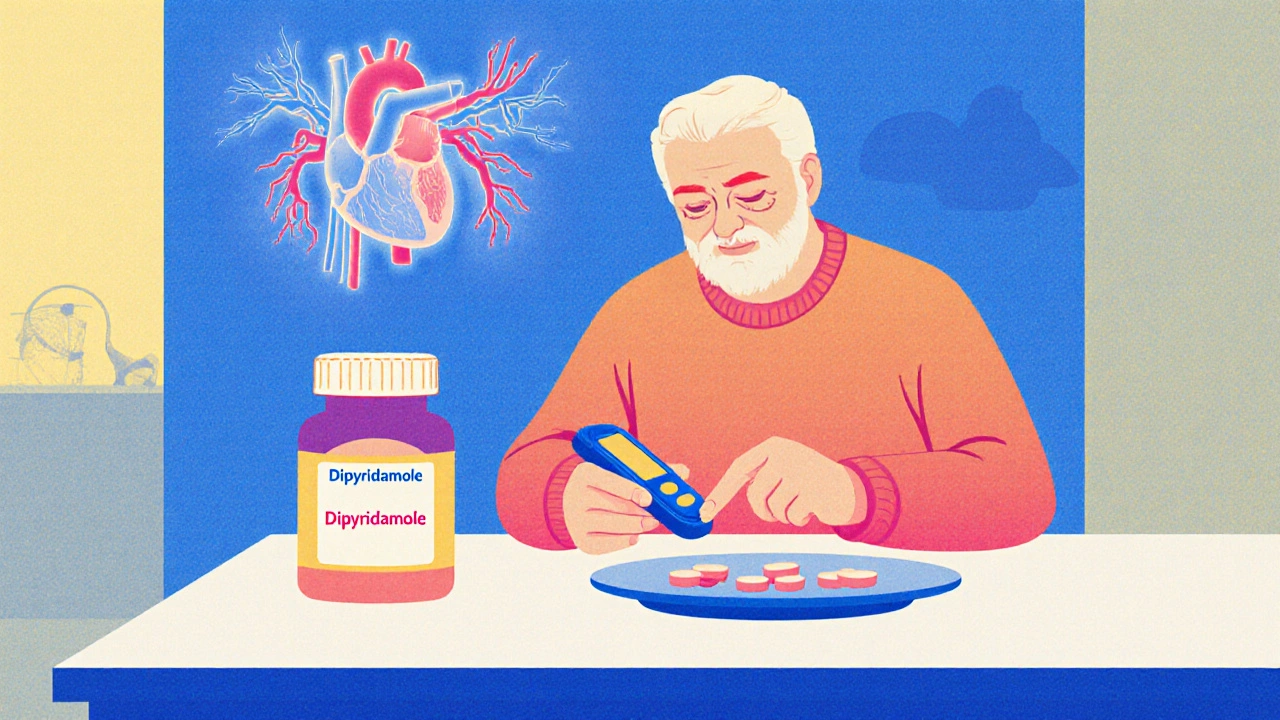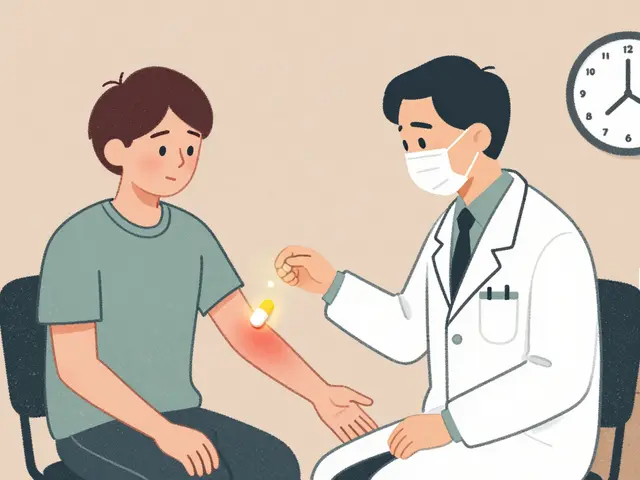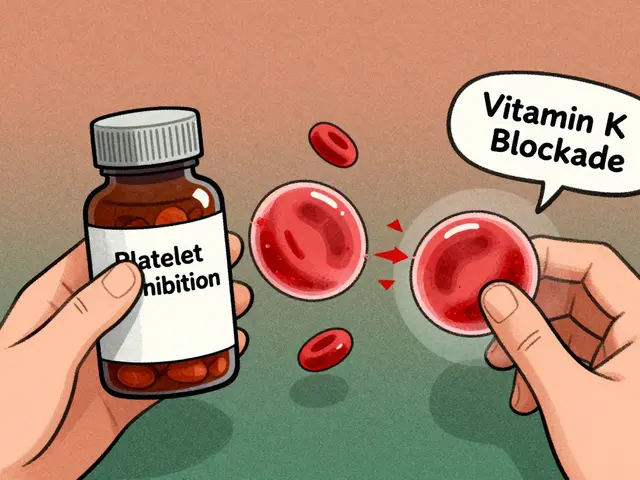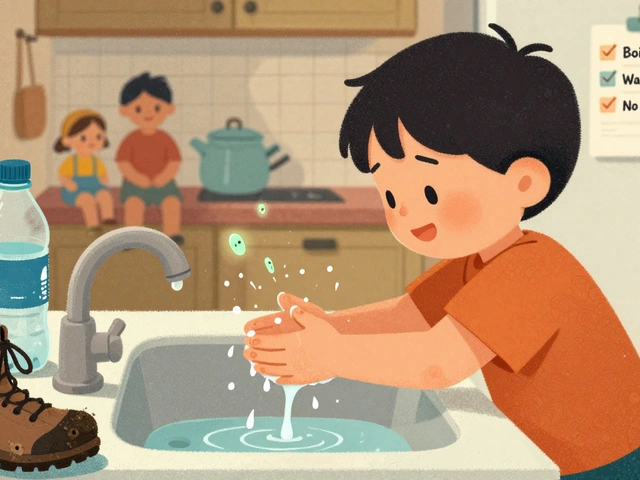Renal Protection: How to Keep Your Kidneys Healthy with Medications and Lifestyle
When we talk about renal protection, the strategies and treatments used to prevent kidney damage and preserve kidney function. Also known as nephroprotection, it’s not just for people with diagnosed kidney disease—it matters if you take painkillers regularly, have diabetes, high blood pressure, or even just want to avoid future problems. Your kidneys filter about 120 to 150 quarts of blood every day. If they start to slow down, toxins build up, fluid stays where it shouldn’t, and your whole body suffers. The good news? You can often stop or slow that damage before it becomes serious.
SGLT2 inhibitors, like dapagliflozin in a class of diabetes drugs that reduce blood sugar while also lowering kidney stress, are now a go-to for renal protection in people with type 2 diabetes. Studies show they cut the risk of kidney failure by up to 40%. But you don’t need a prescription to start protecting your kidneys. Cutting back on NSAIDs—like ibuprofen or naproxen—when you don’t really need them makes a big difference. These drugs, especially when mixed with steroids, can cause serious kidney injury over time. Even something as simple as staying hydrated helps your kidneys flush out waste without overworking.
Nitrofurantoin, a common antibiotic for urinary tract infections, can affect kidney function in some people, especially older adults or those with existing kidney issues. That’s why monitoring is part of renal protection. Same with chloramphenicol—an older antibiotic that’s still used in some cases but carries risks to bone marrow and kidneys if not carefully managed. And then there’s herbal diuretics, like those in Slimonil or Triphala, which some turn to for "kidney support." But not all natural is safe. Some herbs can actually stress the kidneys or interact badly with prescription meds. The key is knowing what’s helping and what’s just noise.
Renal protection isn’t about one magic pill. It’s a mix of smart drug choices, avoiding known toxins, and understanding how your other health conditions tie in. If you’re on blood pressure meds, diabetes drugs, or even just taking OTC pain relievers daily, you’re already in the renal protection game. The posts below break down exactly which medications help, which ones hurt, and how real people are managing their kidney health without overcomplicating things. You’ll find clear comparisons, real risks, and practical steps—no fluff, no jargon, just what works.

- Oct 17, 2025
- Posted by Cillian Osterfield
Dipyridamole Benefits for Diabetic Patients: What You Need to Know
Explore how dipyridamole can help diabetic patients by reducing platelet clumping, improving blood vessel health, and offering modest kidney protection, while outlining safety, dosage, and current research.
Categories
- Health and Wellness (72)
- Medications (68)
- Health and Medicine (28)
- Pharmacy Services (12)
- Mental Health (9)
- Health and Career (2)
- Medical Research (2)
- Business and Finance (2)
- Health Information (2)
©2026 heydoctor.su. All rights reserved





